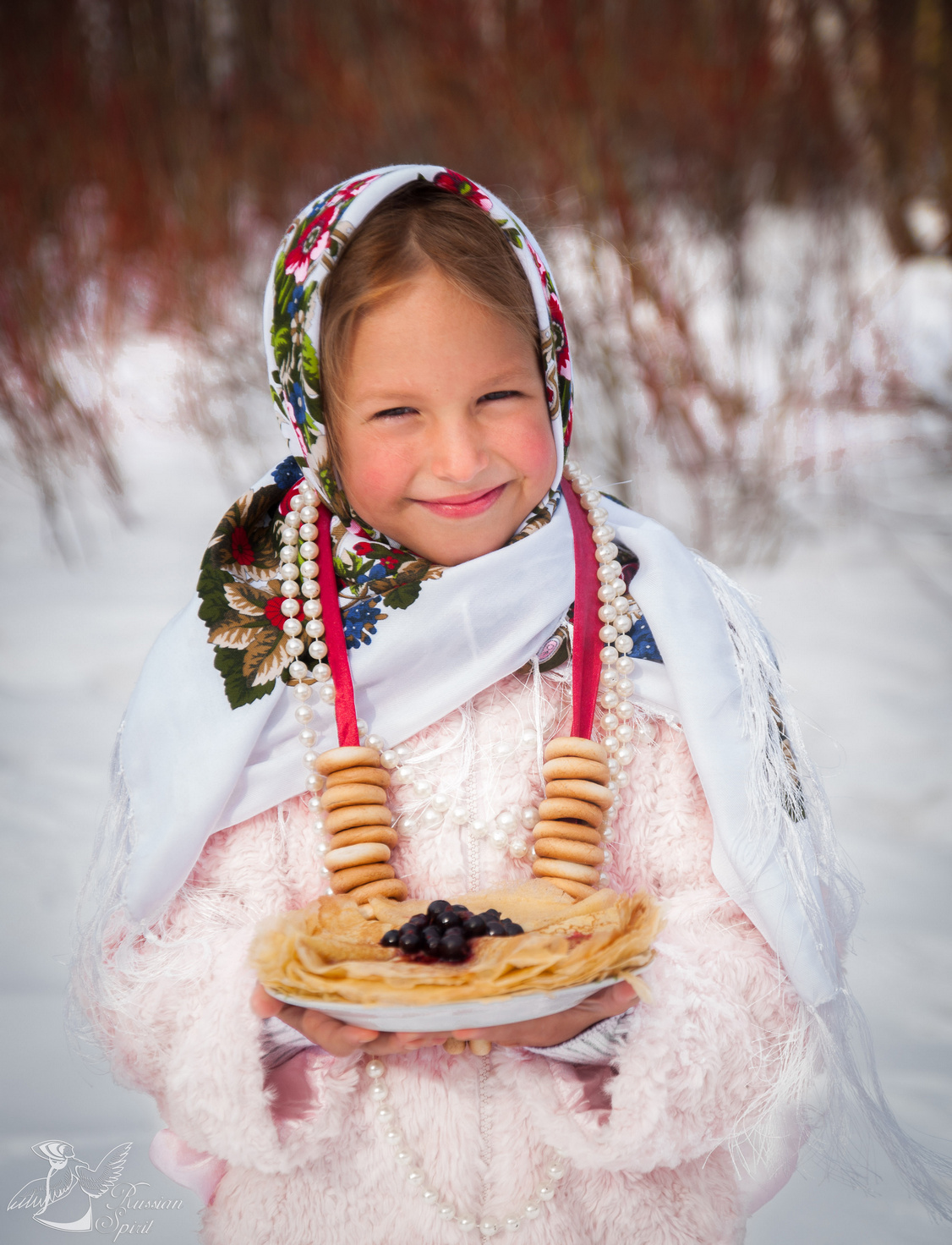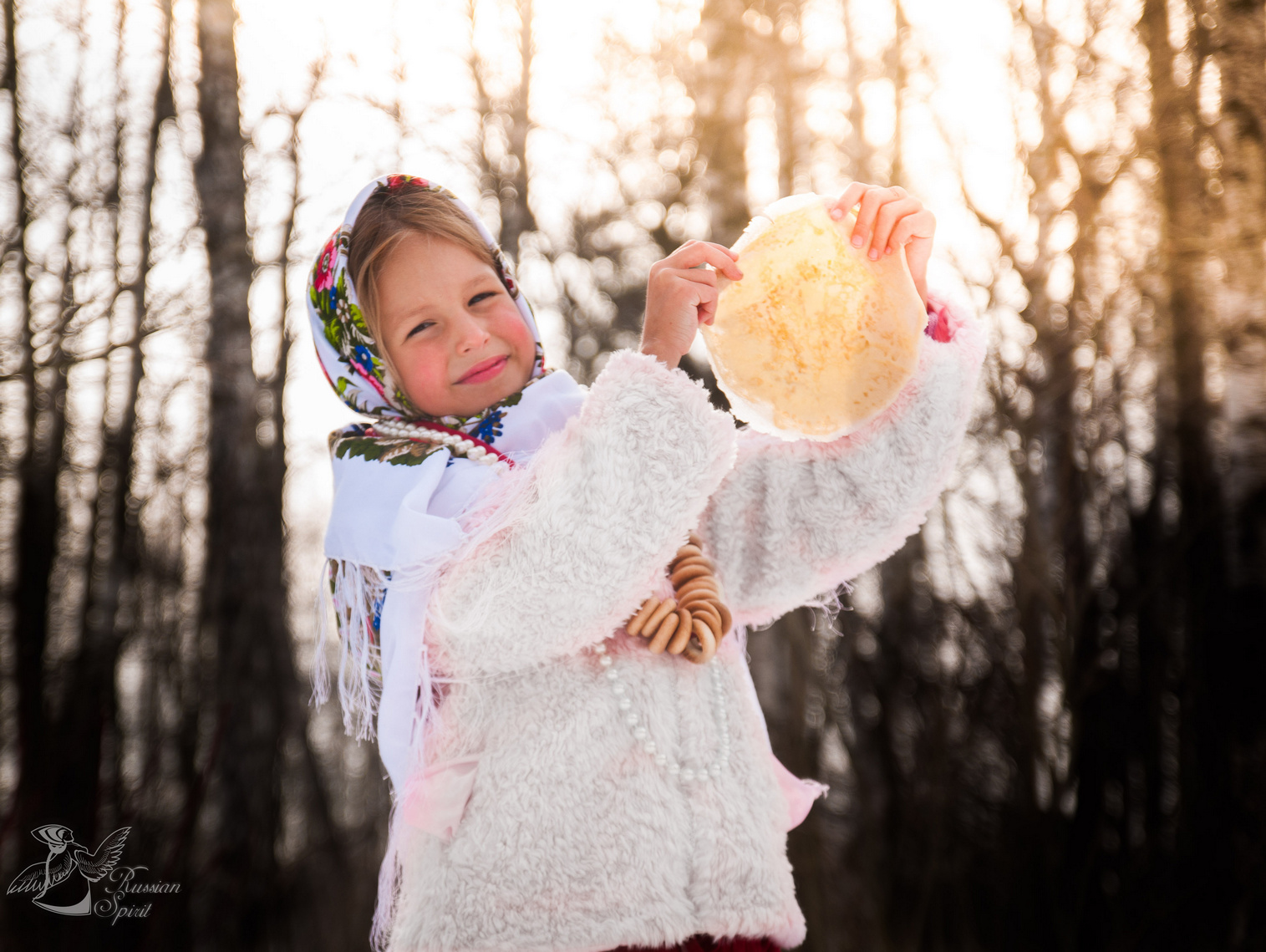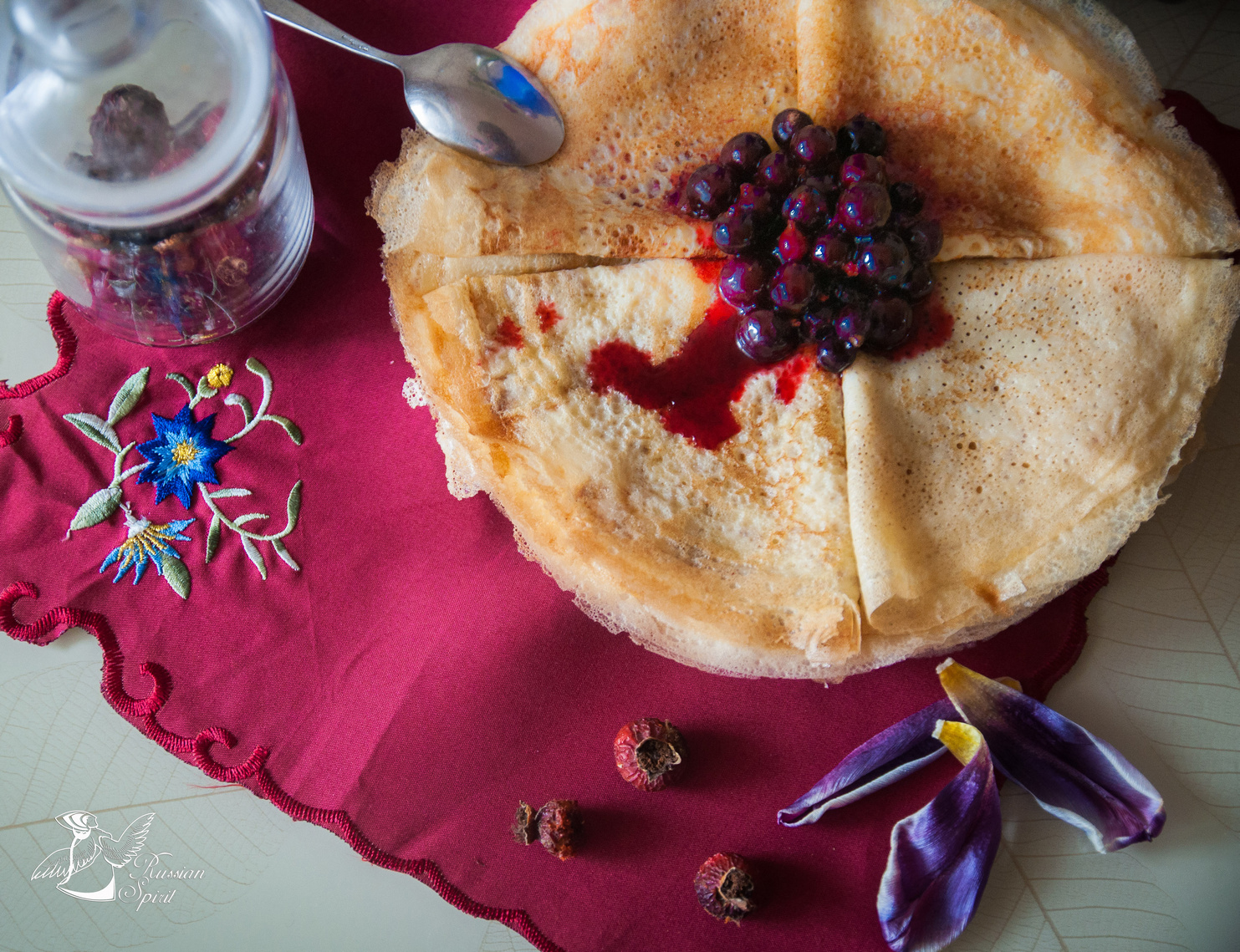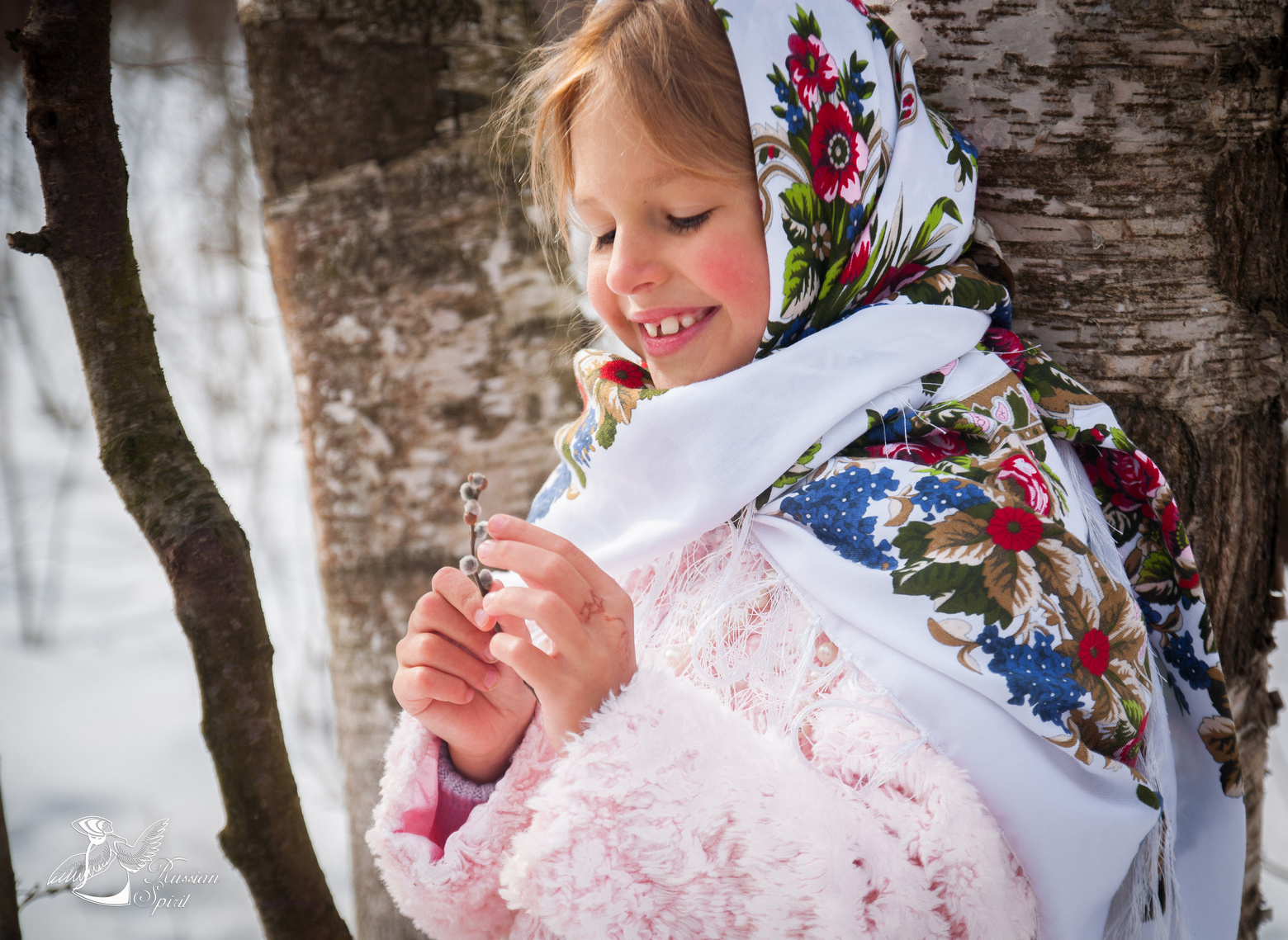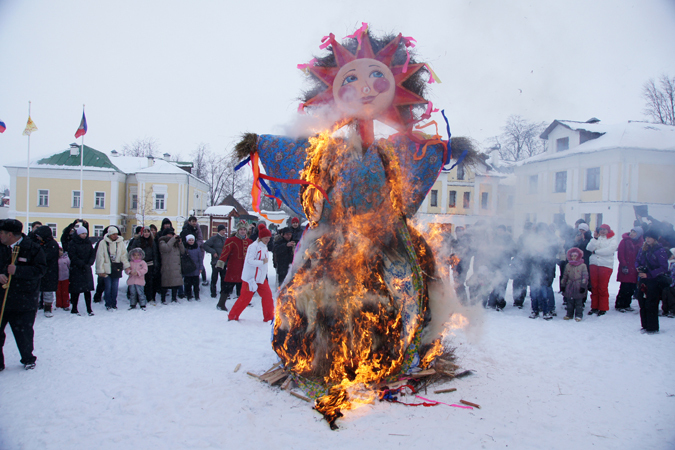Maslenitsa (Pancake festival) is the oldest Slavic holiday which didn’t lose its actuality through thousands of years and is widely celebrated till today. This is the unique pagan holiday officially recognized by Russian orthodox church. It survived the christening of the Russ and antireligious Soviet time. For the Slavs it was the Holiday of Earth revival.
The pagan Maslenitsa used to be started one week before Vernal Equinox (21 of March) and finished 7 days after it. This time the Slavs burned big fires and let out the burning wheels from the hills helping the sun to melt the snow and to send away the cold. Merry games, sleighing, fisticuffs as well as flirtation between young men and girls glorified the god of fertility and vital force – Yarila. A traditional food was pancakes being simultaneously funeral food linked to the ancestry cult and the symbol of the sun. The ancients believed that with a pancake they ate a part of its warmth and potency.
In all the times Maslenitsa was a favorite holiday of the Russian people. Each day had its ritual and it was very important to follow it. For example on Monday they met the Maslenitsa: children ran round the village by singing that Maslenitsa arrived. Tuesday was a day for games and tobogganing. Wednesday was called Lakomka (gourmand) when the biggest quantity of pancakes was eaten. Tuesday was the most funny day with many games and amusement. This day the people made a scarecrow of straw in the woman’s clothes. On Friday and Saturday they invited each other for the pancakes.
Now Maslenitsa begins 8 weeks before Easter and we celebrate it for one week during which people bake and eat the pancakes. On Friday and Saturday different festivities take place in parks and streets of the city with mummers, games and songs and of course many many pancakes with different fillings or without them.
Like in the old times, Sunday is called Forgiven Sunday and it’s the last day before the Great fast. All the people ask pardon to each other and you should reply: Bog prostit (The God will forgive you).
In the evening on Forgiven Sunday the people used to pray for the deceased, go to banya and at the end of the day they made a big fire to burn down the straw woman called Maslenitsa and symbolizing Morana, the goddess of winter and death. Everybody hoped that with Maslenitsa they burn down winter letting the road to spring. They threw in the fire something from home to burn down all the bad that accumulated during long winter.
Eating the pancakes during this week, organizing and playing the games similar to rituals of our ancestry and burning down the straw woman as they did, we feel a solid link with them, like coming back to the past and celebrating this holiday together. Much time passed but every year and every century we wait for spring and hope for better like they did.

